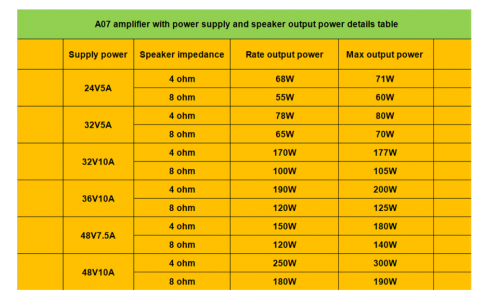Your conclusion does not seem logical. Yours is quite an isolated experience - and a good technician should be able to locate and address the problem. But how’s that a reason to go for class D? You seem to be assuming that such problem can happen within any amp and if you have class D, then you could keep it on forever without incurring the high electricity bill you incur right now. But then how many users have such a problem with an amp, whether class AB or D or any else? You seem to be basing your decision on an outlier event. It’s ok if you want to try class D for any other reason (including capital/operating cost), but not because you’ve decided that all amps need to be kept on or else will produce such hiss.



